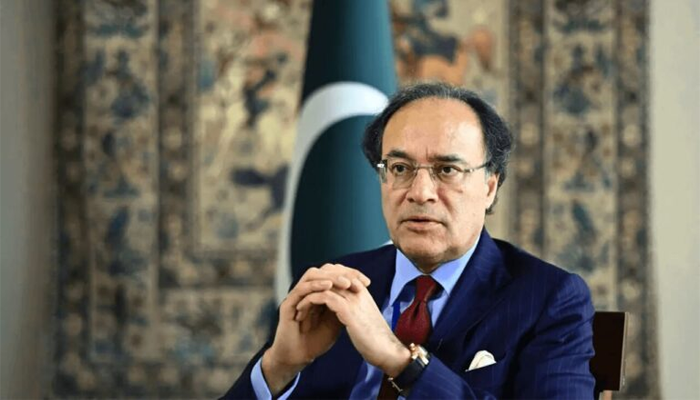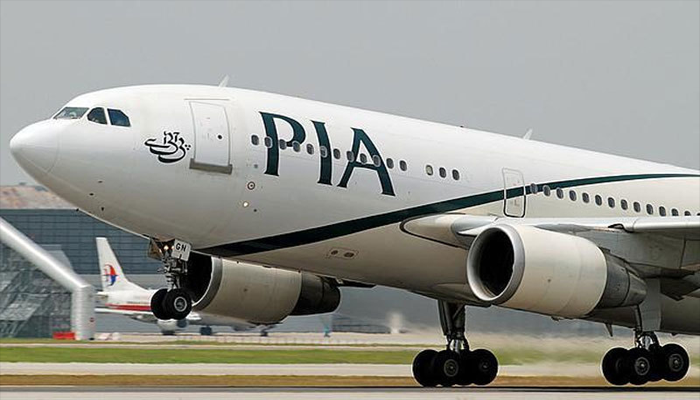ISLAMABAD: Finance Minister Muhammad Aurangzeb expressed confidence in Pakistan's progress toward meeting the International Monetary Fund’s (IMF) structural benchmarks, emphasizing that the country is on track. He highlighted the signing of the National Fiscal Pact and the approval of the agriculture income tax legislation by Punjab, Khyber Pakhtunkhwa, and Sindh, with Balochistan expected to follow suit. This development is seen as a significant step forward in tax reforms.
In a major move, the Sindh cabinet approved the Agricultural Income Tax Bill 2025, which is set to be implemented starting January 2025. Addressing the Islamabad Chamber of Commerce, Aurangzeb expressed optimism about Pakistan's upcoming IMF six-month review, noting that the review would be in “good stead.” The IMF mission is expected to arrive in Pakistan by late February or early March for the first review of the $7 billion Extended Fund Facility (EFF) programme. The review's performance criteria are scheduled for March 15, 2025.
Aurangzeb also emphasized that the government has already begun the budget-making process and is actively engaging with various stakeholders. The government has preponed budget discussions to ensure a consultative process within the next couple of months. Acknowledging the constraints under the IMF programme, he reaffirmed the government's commitment to improving tax collection and continuing reforms within the Federal Board of Revenue (FBR). The government's focus remains on strengthening its fiscal position while fulfilling its IMF commitments.









